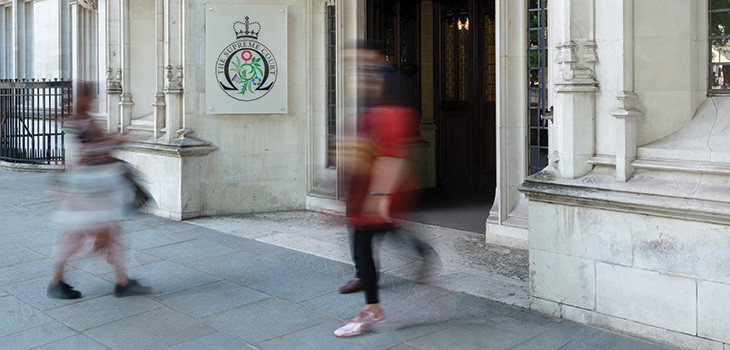
In this week’s NLJ, Brice Dickson, Emeritus Professor of Law, Queen’s University Belfast, surveys the work of the Supreme Court in 2023.
The court ruled in 52 cases—one for every week of the year. Dickson crunches the numbers and digs into the data to find out which courts dispatched the most appeals, which areas of law were covered most (tax), and what was the most contentious case. His review highlights the many clarifications of the law, and notes the changes in personnel.
But who wrote the most judgments? Who dissented? Who sat in the most cases? And what important and significant decisions were made?










